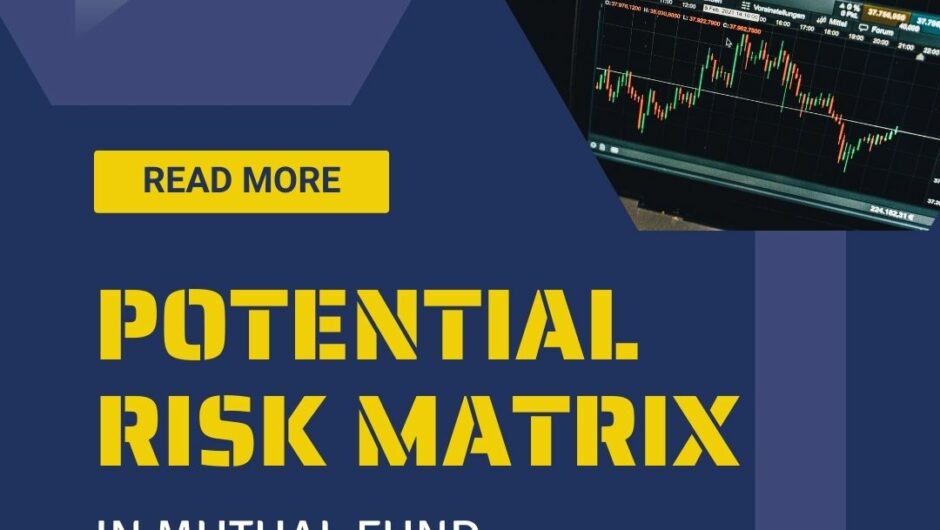Mortgage closing costs refer to the fees and expenses that must be paid at the end of the homebuying process when a mortgage loan is finalized. These fees can add up to thousands of dollars and are often paid by the homebuyer, although in some cases, they may be negotiated to be paid by the seller or split between both parties. Here is an overview of the different types of mortgage closing costs and what they cover. One of the most significant closing costs is the origination fee, which is typically charged by the lender and covers the cost of processing the loan. Origination fees can range from 0.5% to 1% of the loan amount, and borrowers should shop around to find the best deal.
Loan Origination Fees
Loan origination fees are the fees charged by the lender for processing and underwriting the mortgage loan. These fees typically range from 0.5% to 1% of the loan amount and cover the lender’s administrative costs, such as verifying employment and income, reviewing credit scores, and appraising the property.
Appraisal Fees
Appraisal fees are charged by a licensed appraiser to determine the market value of the property being purchased. The appraisal fee can range from $300 to $600 and is typically paid by the homebuyer. Other common closing costs include appraisal fees, which cover the cost of an appraisal to determine the property’s value, and title fees, which cover the cost of title search and title insurance. Other miscellaneous charges may include recording fees, notary fees, and prepaid taxes and insurance.
Credit Report Fees
Credit report fees cover the cost of obtaining the borrower’s credit report and credit score. These fees typically range from $30 to $50 and are paid by the homebuyer.
Title Search and Insurance Fees
Title search fees cover the cost of searching public records to verify the ownership of the property and to identify any liens or outstanding debts that may be attached to it. Title insurance fees cover the cost of an insurance policy that protects the lender and the homebuyer against any title defects that may be discovered after the purchase. These fees can range from $500 to $2,000 or more, depending on the location of the property and the amount of coverage needed.
Survey Fees
Survey fees cover the cost of a surveyor who will verify the property’s boundaries, location, and physical features. This fee typically ranges from $400 to $600 and is paid by the homebuyer.
Homeowners Insurance
Homeowners insurance is a type of insurance policy that protects the homebuyer and the lender against losses from property damage or liability claims. The cost of homeowners insurance can vary widely depending on the location of the property, the size of the home, and the level of coverage required.
Prepaid Interest and Escrow Fees
Prepaid interest fees cover the interest that accrues on the mortgage loan between the date of closing and the first payment due date. Escrow fees cover the cost of setting up an escrow account to hold funds for property taxes, homeowners insurance, and mortgage insurance. These fees can add up to thousands of dollars and are paid by the homebuyer.
Recording Fees and Transfer Taxes
Recording fees cover the cost of recording the new mortgage and deed with the local government. Transfer taxes are taxes charged by the state or local government for transferring ownership of the property. These fees can vary widely depending on the location of the property and the value of the home. Closing costs can vary depending on the lender, location, and loan type. Borrowers should receive a loan estimate from the lender that outlines the estimated closing costs before closing. This estimate can help borrowers compare costs between lenders and negotiate fees.
Conclusion
In conclusion, mortgage closing costs can add up to a significant amount of money and should be taken into consideration when budgeting for a home purchase. It’s important for homebuyers to carefully review the loan estimate and closing disclosure provided by the lender to understand the fees and expenses associated with their mortgage loan. By understanding the different types of mortgage closing costs, homebuyers can avoid surprises and make informed decisions about their home purchase. In summary, mortgage closing costs can add up to several thousand dollars, and borrowers should be aware of the fees involved before closing. By shopping around for the best deal and negotiating fees, borrowers can reduce their closing costs and save money over the life of the loan.
Also Read:
- Conditional Mortgage Approval: Tackling The Common Questions
- How Much Is Life Insurance In Canada?
- What are financial smart goals?
- WHAT ARE THE 5 STEPS OF FINANCIAL PLANNING?764

Hello, I am Tanisha Kriplani, graduated in computer science from Delhi University. I am passionate about web content writing and have a strong interest in Data Analytics and Data Engineering.












